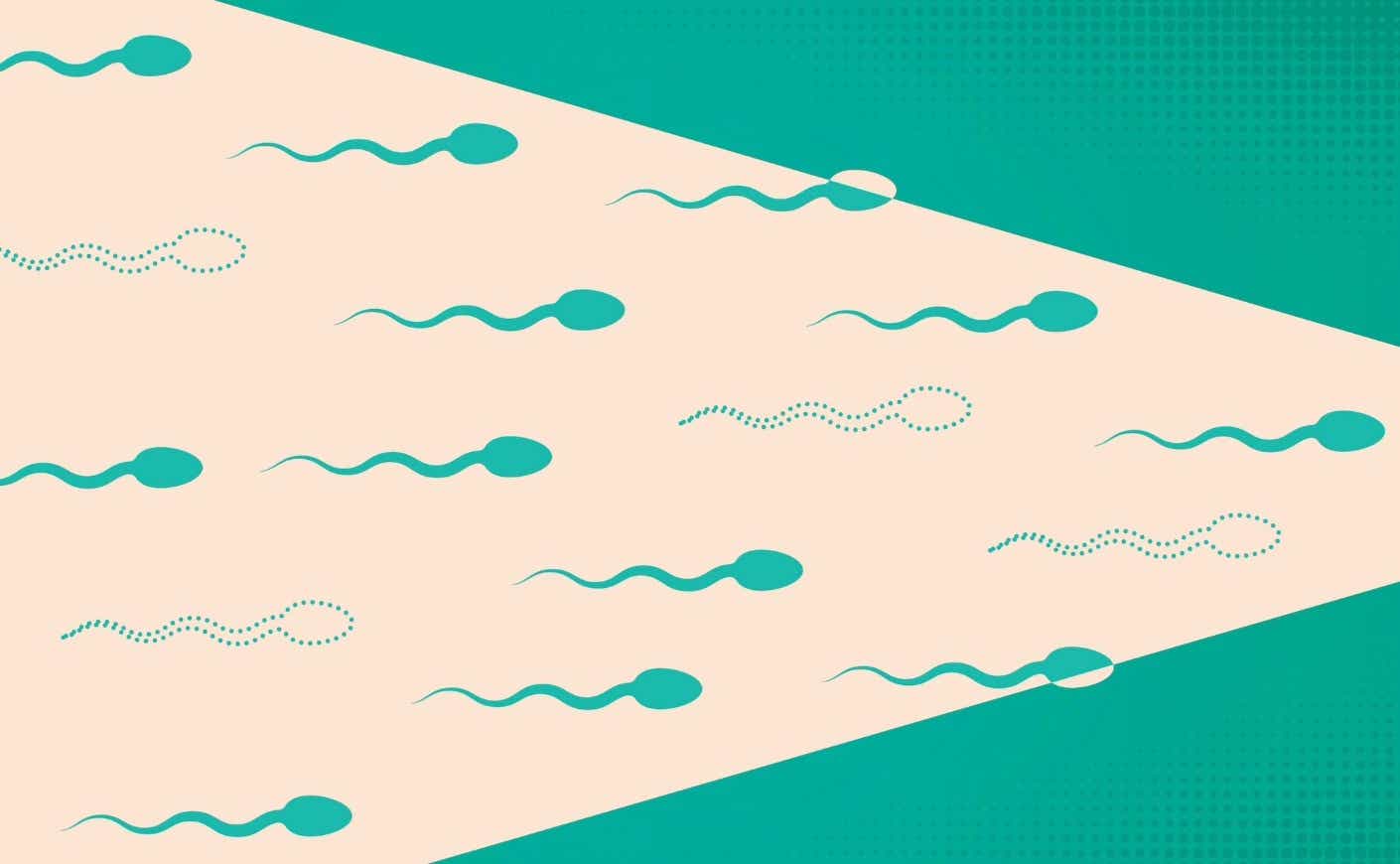Women have long shouldered much of the responsibility for birth control, but that could soon change: A hormonal topical gel has recently shown promise in early-stage clinical trials by suppressing sperm production to prevent unintended pregnancies.
Preliminary research released on Sunday suggests that a transdermal gel called NES/T (Nestorone®/Testosterone) can effectively suppress men’s fertility within a matter of weeks — and that its efficacy rate is on par with, if not better than, hormonal contraceptive options for women.
“The development of a safe, highly effective and reliably reversible contraceptive method for men is an unmet need,” the study’s senior author Dr. Diana Blithe, chief of the Contraceptive Development Program at the National Institutes of Health (NIH), said in a news release.
Experts say the development is a major step forward, given that the only birth control options for men are condoms — which have a high failure rate — and vasectomy, the difficult-to-reverse surgical procedure.
A promising new trial for male birth control
Researchers with the NIH’s Contraceptive Development Program presented their initial findings on Sunday at the Endocrine Society’s annual meeting in Boston.
The phase 2 trial included 222 men aged 18 to 50, who applied about a teaspoon of NES/T to each of their shoulder blades once a day. While the second half of the two-part trial is ongoing, initial results showed that the clear gel worked faster than expected and 86 percent of men saw lower sperm counts within 15 weeks of using it. Others saw a drop in sperm production within four to eight weeks.
But researchers stopped short of saying whether there were any unintended pregnancies during the trial and they plan to publish the final data in a medical journal. “I would say our expectation was that it would be similar to hormonal birth control pills. And I can just say that it’s much, much better than that,” said Diana Blithe, branch chief of the NIH’s National Institute of Child Health and Human Development.
How male birth control gel works
NES/T is short for the two main ingredients it carries: Nestorone and testosterone. Nestorone is a type of synthetic hormone called progestin that’s already used in vaginal rings; by combining it with testosterone, it keeps men from producing sperm without impacting sex drive. And that’s good news for both members of heterosexual couples, especially since women have historically had to deal with taking hormonal birth control — and all of its potential side effects.
“There are a lot of women who have difficulties with various contraceptive methods,” Blithe told The Washington Post, “and one eye-opening aspect of the clinical trial has been listening to women and hearing what it meant to them to be in the study, especially when they were able to stop using their birth control for a year.”
As with any drug, the gel may have some side effects — those who’ve used it have reported weight gain and acne. But most importantly, it doesn’t have a permanent effect on male fertility and is fully reversible. After men stop using the gel, their sperm count returns to normal levels within as few as two or three months, and most men in the study went on to become fathers.
When will male birth control happen?
There has been a growing interest in male birth control ever since the Supreme Court overturned Roe v. Wade in 2022. According to a study conducted in part by the nonprofit Male Contraceptive Initiative, the number of men who said they were interested in trying new forms of protection rose from 78 percent to 82 percent following that consequential ruling.
While the latest trial marks a major research milestone, it could still be years before the gel reaches the public. The drug has yet to reach Phase III of clinical trials — if it does, that would be considered a major breakthrough, since no male birth control has ever made it that far. This means the NIH will have to work with the Food & Drug Administration to define the study’s parameters, such as how many people to include.
But even reaching this point will be no easy task. Hormonal birth control trials for men have been ongoing since the 1970s, and the reason male contraceptives haven’t made it this far is largely due to the lack of funding or financial investment to complete expensive advanced human trials.
Still, researcher Daniel Johnston tells NBC he’s hopeful that pharmaceutical companies and industry investors would put more resources into this kind of drug once the FDA gives its seal of approval. “We’ve been chasing this for a long time,” Johnston said. “I hope we’re entering new territory.”









